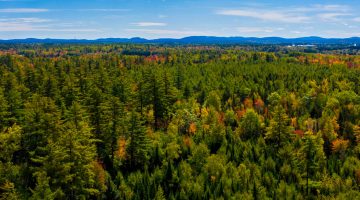Scripps News cites UMaine research in logging industry story
In a news story about the product demand and job losses experienced in the logging industry, and the possible ramifications they could have on the supply of building products, Scripps News cited a recent report by University of Maine researchers titled “The Economic Contribution of Logging and Trucking in Maine.” According to Scripps News, the […]
Read more

